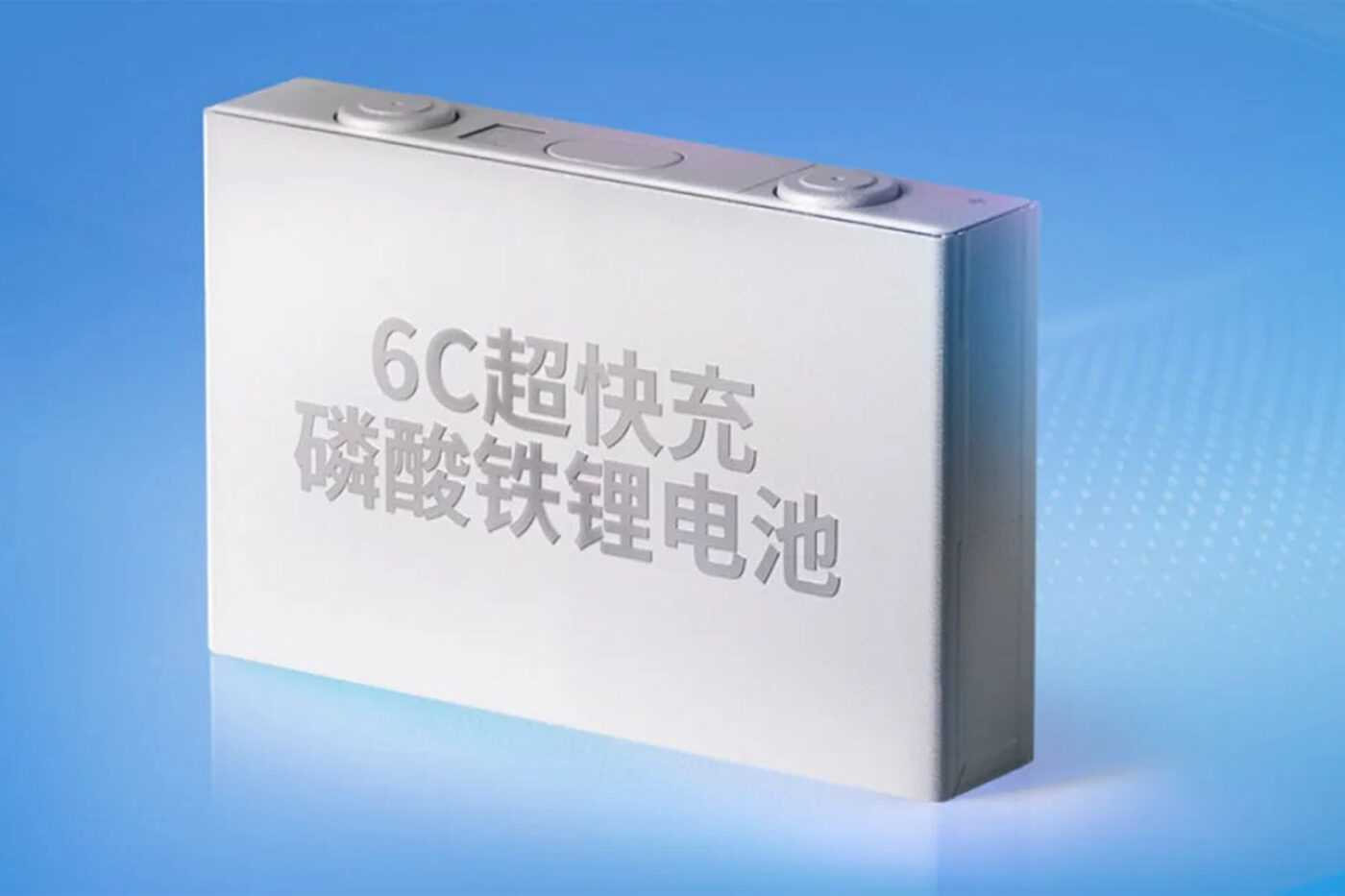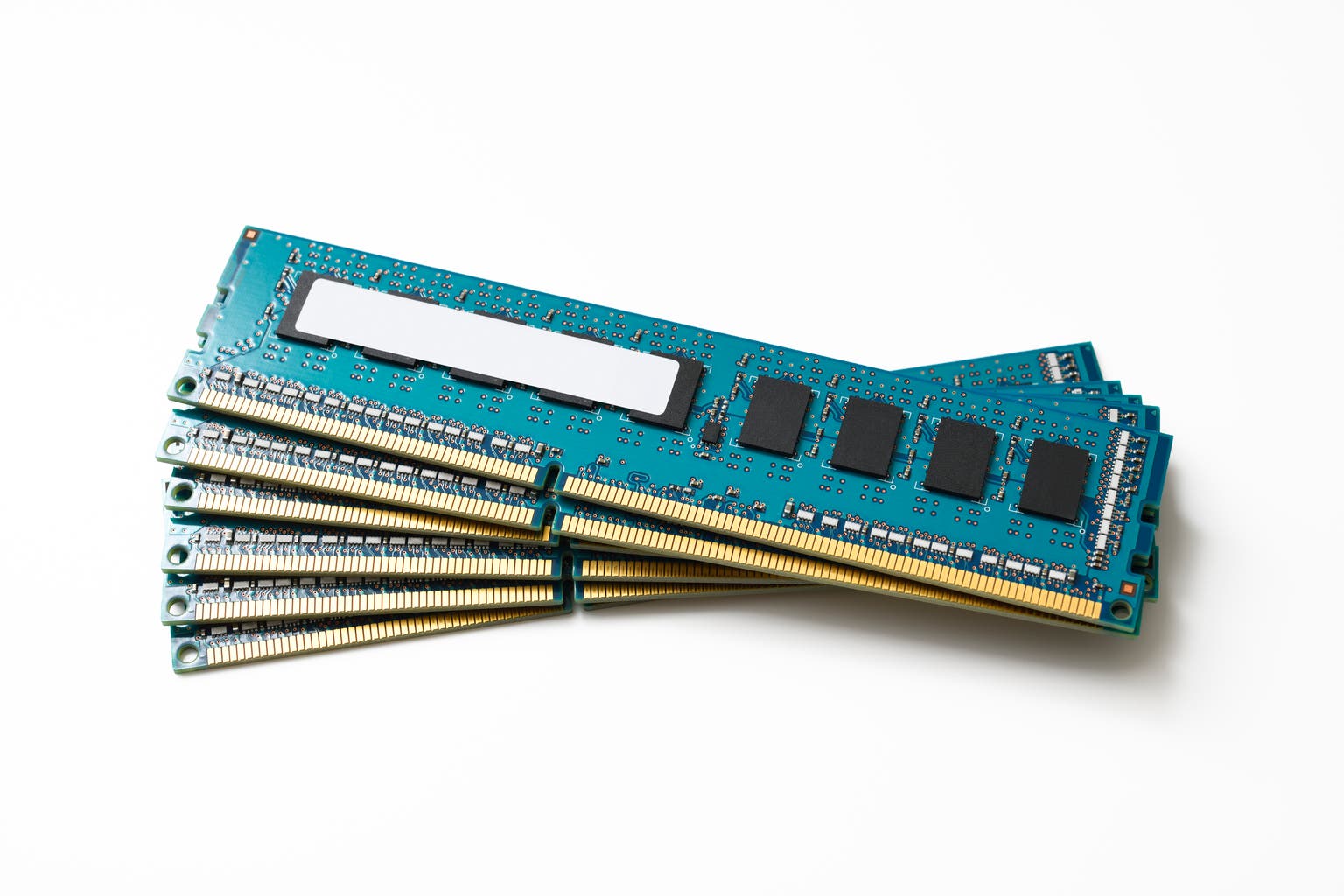China Tightens Grip on Battery Tech: Export Controls on Key Cathode Materials Spark Global Concerns

Beijing, Philippines – In a move that has sent ripples through the global battery supply chain, China has announced restrictions on the export of technology related to the preparation of battery cathode materials. This includes crucial components like lithium iron phosphate (LFP), a dominant material in electric vehicle (EV) batteries, and related technologies. The addition of these technologies to China's restricted export list, effective September 1st, 2024, raises concerns about potential supply disruptions and increased costs for EV manufacturers worldwide.
Why is this happening? China's decision comes amidst escalating geopolitical tensions and a broader push to safeguard its strategic industries. The country is a dominant force in the global battery material market, controlling a significant portion of LFP production and refining capabilities. The move is widely interpreted as a measure to protect its technological advantage and potentially leverage its position in trade negotiations, particularly as international scrutiny of China's trade practices intensifies.
What are the implications for the Philippines and Southeast Asia? The Philippines, along with other Southeast Asian nations, is rapidly embracing electric mobility. The government has ambitious plans to transition to EVs, and a stable supply of affordable batteries is crucial for achieving these goals. This export restriction could significantly impact the cost and availability of EVs in the region, potentially slowing down the adoption rate. Local EV manufacturers and importers will likely face higher procurement costs and longer lead times, potentially impacting consumer prices.
Lithium Iron Phosphate (LFP) – The Key Player: LFP batteries have gained immense popularity due to their safety, long lifespan, and relatively low cost compared to other lithium-ion chemistries like nickel-cobalt-aluminum (NCA). They are particularly favored in EVs, energy storage systems, and other applications. China's dominance in LFP production means that any disruption to the supply chain can have a significant global impact.
Beyond LFP: A Broader Trend? While the initial announcement focuses on LFP and related technologies, analysts suggest this could be the first step in a broader strategy to restrict exports of other critical battery materials and manufacturing processes. This raises concerns about further supply chain vulnerabilities and the potential for increased competition among countries seeking to secure their battery material supplies.
Global Response and Future Outlook: Governments and companies worldwide are closely monitoring the situation and exploring alternative sourcing options. Investment in domestic battery material production and diversification of supply chains are expected to accelerate. The move by China is likely to fuel a global race to secure access to critical battery materials and technologies, with long-term implications for the EV industry and the broader energy transition. The Philippines, and the region as a whole, will need to strategically navigate this evolving landscape to ensure a sustainable and affordable transition to electric mobility.
Experts recommend that Philippine policymakers and businesses:
- Diversify sourcing of battery materials.
- Invest in local battery manufacturing capabilities.
- Strengthen regional partnerships to secure supply chains.
- Advocate for free and fair trade practices.





